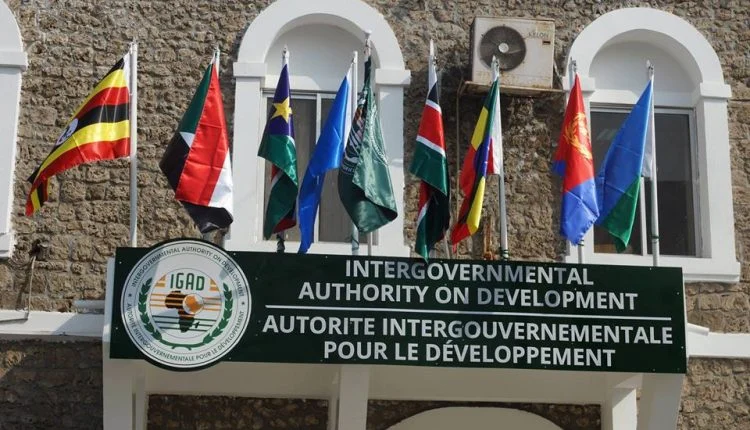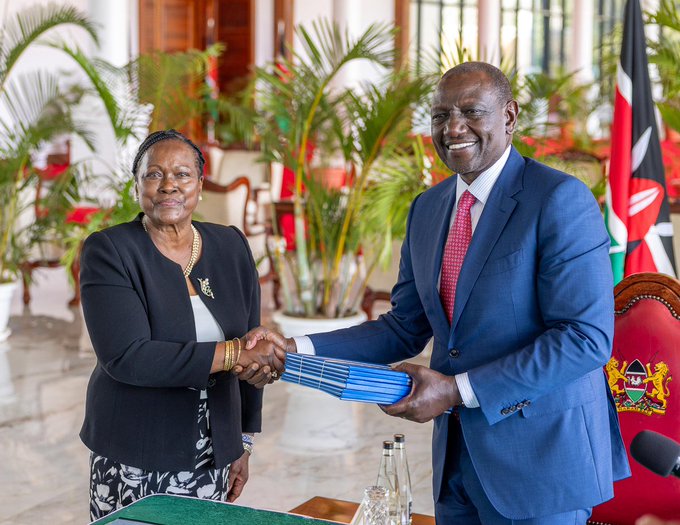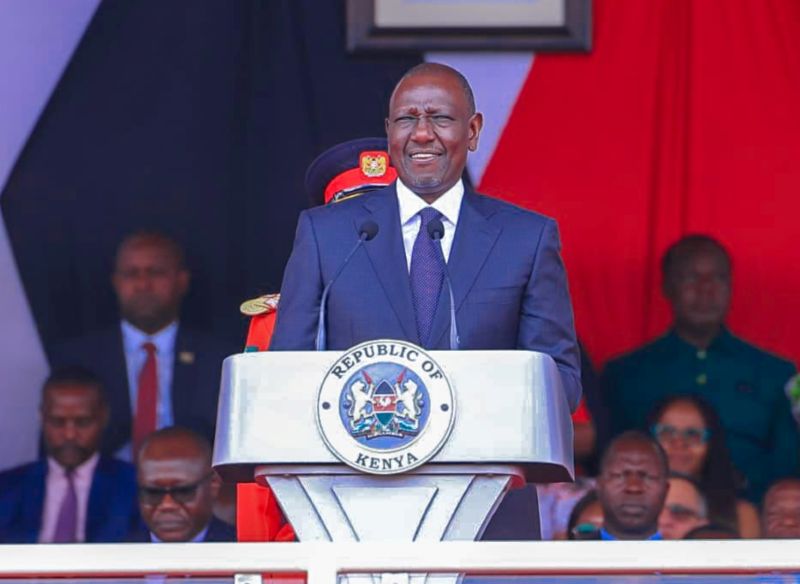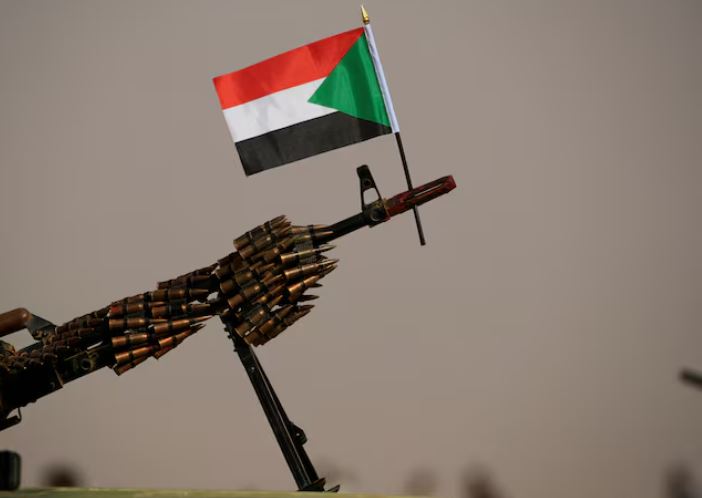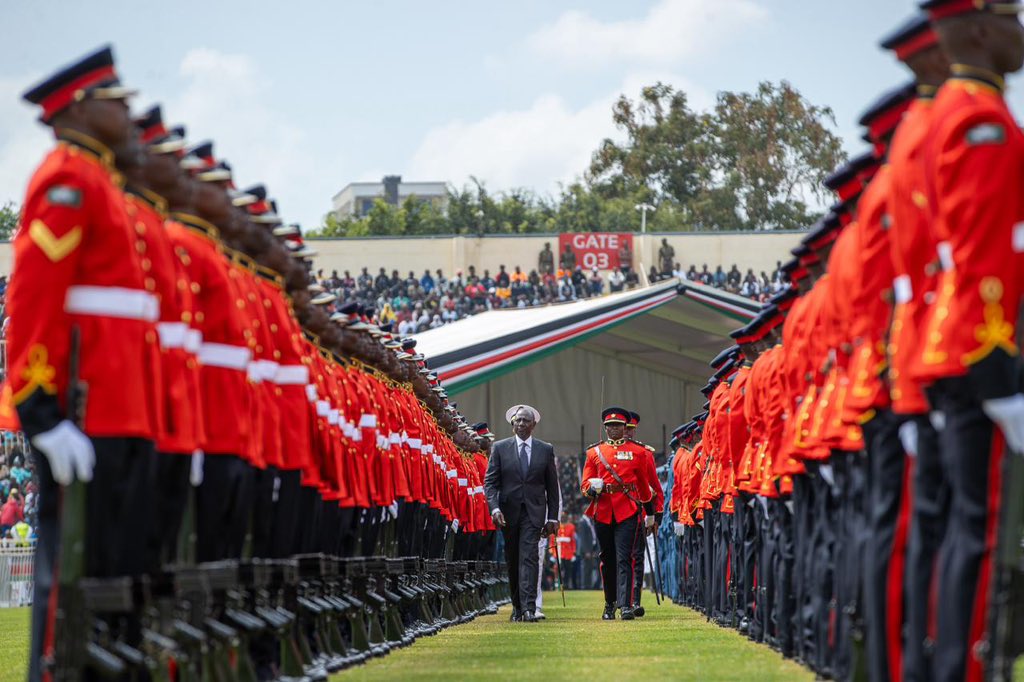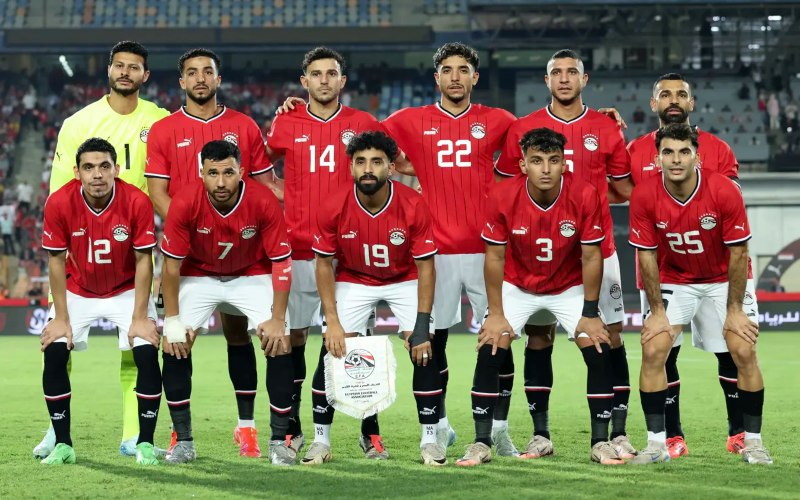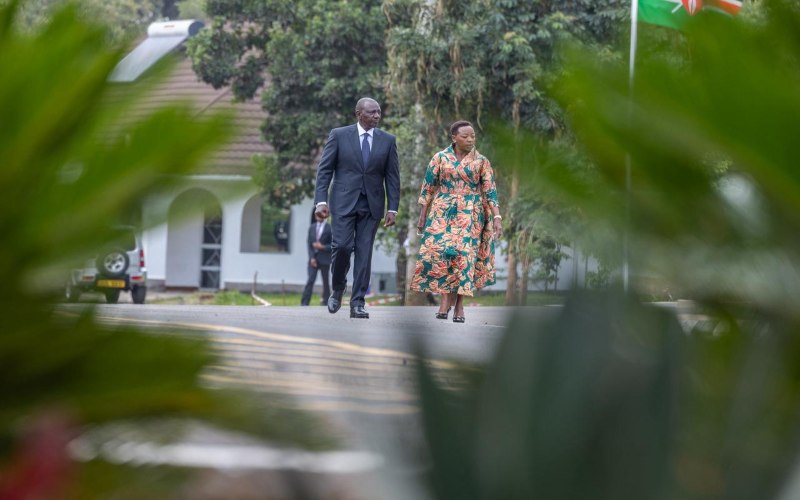Somali maritime police complete UN training to strengthen coastal security
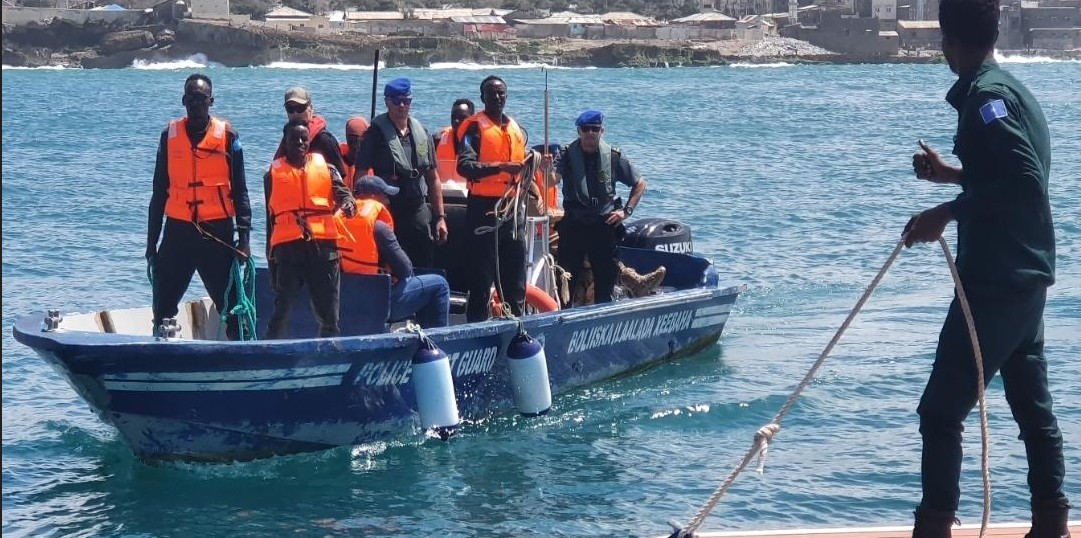
The programme focuses on enhancing the Somali Police Force’s capacity to secure national waters, curb illegal maritime activities, and ensure safe navigation for commercial and humanitarian vessels.
Officers from the Somali Maritime Police have completed intensive training in Mogadishu under a United Nations-supported programme aimed at strengthening Somalia’s maritime law enforcement and improving coastal security.
The training, conducted along the Mogadishu coastline, is part of an ongoing initiative backed by the United Nations Office on Drugs and Crime (UNODC), the United Nations Assistance Mission in Somalia (UNSOM), and the European Union Capacity Building Mission in Somalia (EUCAP Somalia).
More To Read
- Nairobi concludes EU maritime security week with calls for increased cooperation among partners
- Somalia welcomes first group of Sudanese students under new scholarship programme
- Mogadishu’s Hamarweyne market shut for third day amid tax dispute
- Nairobi to host EU-backed regional Maritime Security Week
- Somalia faces worsening hunger with millions needing assistance
- Somalia e-visa breach exposes personal data of 35,000 applicants, including US and UK citizens
The programme focuses on enhancing the Somali Police Force’s (SPF) capacity to secure national waters, curb illegal maritime activities, and ensure safe navigation for commercial and humanitarian vessels.
According to the United Nations, the project forms part of a wider international effort to help Somalia protect its maritime domain and build self-reliant national institutions. The training features practical drills, maritime surveillance, and coordination exercises involving the Somali Maritime Police, port authorities, and the Somali Navy.
Colonel Bashir A. Kassim, Commander of the Somali Police Force’s Department of Coast Guard, said the initiative has greatly improved officers’ ability to respond to maritime challenges.
Improve operational effectiveness
“This support has included training programmes and technical assistance to improve our operational effectiveness at sea,” he said during an inspection of the training sessions in Mogadishu.
The UNODC Global Maritime Crime Programme (GMCP), which leads the project, said the Mogadishu training is part of a broader plan that includes developing infrastructure, providing patrol boats, and offering specialised courses in maritime investigation and prosecution.
The programme also supports the Somali government’s efforts to tackle crimes such as piracy, smuggling, illegal fishing, and trafficking along its 3,300-kilometre coastline.
More effective
Anita Kiki Gbeho, the United Nations Deputy Special Representative for Somalia, emphasised that improving maritime law enforcement is a crucial part of Somalia’s overall security strategy.
“This furnished and equipped base will allow the Somali Police Force to become increasingly more effective,” she said during the inauguration of a new maritime facility that will host future training and operations.
The new facility, located near Mogadishu Port, was built with support from the European Union and the United Nations.
It includes training rooms, equipment storage areas, and docking facilities for patrol boats.
UNODC also announced plans for a Phase Two Maritime Police Training Centre at Camp AAIA in Mogadishu, which will expand the force’s training capacity and operational planning capabilities.
According to UNODC, the Global Maritime Crime Programme helps member states strengthen maritime law enforcement to combat illicit activities at sea. It provides technical expertise and equipment to enhance the operational readiness of police and coast guard units across East Africa, with similar projects already implemented in Berbera, Bosaso, and Kismayo.
EUCAP Somalia and the International Maritime Organisation (IMO) have also contributed by offering technical advice and specialised courses on navigation safety, maritime communication, and inter-agency coordination. The training programme is funded by the European Union, Japan, and the United States.
A spokesperson from UNSOM said the joint training reflects the UN’s ongoing commitment to helping Somalia maintain control over its territorial waters. Strengthening maritime law enforcement, the spokesperson added, is key to promoting legal trade, improving fisheries management, and reducing security threats in Somalia and across the wider Indian Ocean region.
The Somali Maritime Police are expected to continue regular patrols and joint operations with other national security institutions. Officials said the new training and infrastructure will enhance operational efficiency and ensure compliance with international standards.
The United Nations and its partners have reaffirmed their commitment to providing technical support and resources until Somalia establishes a fully operational and self-sustaining maritime security capability.
Top Stories Today
